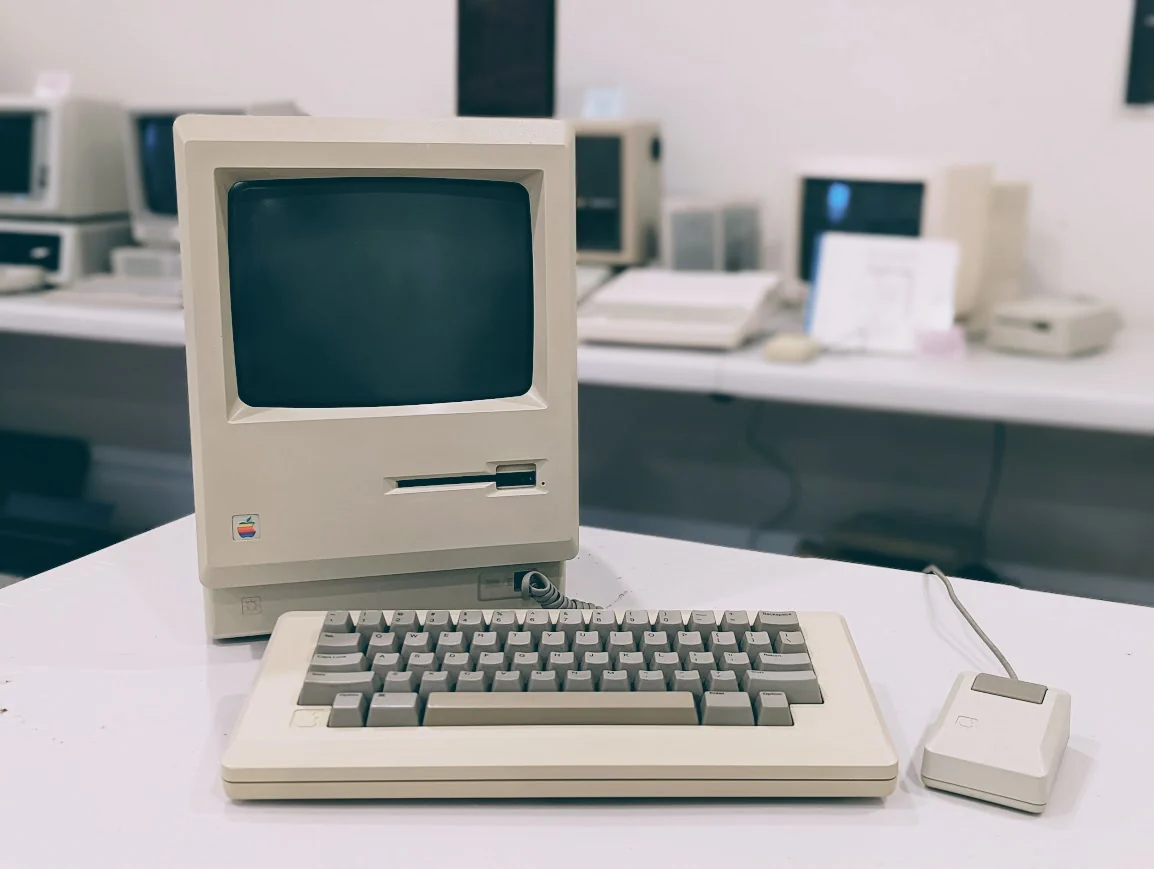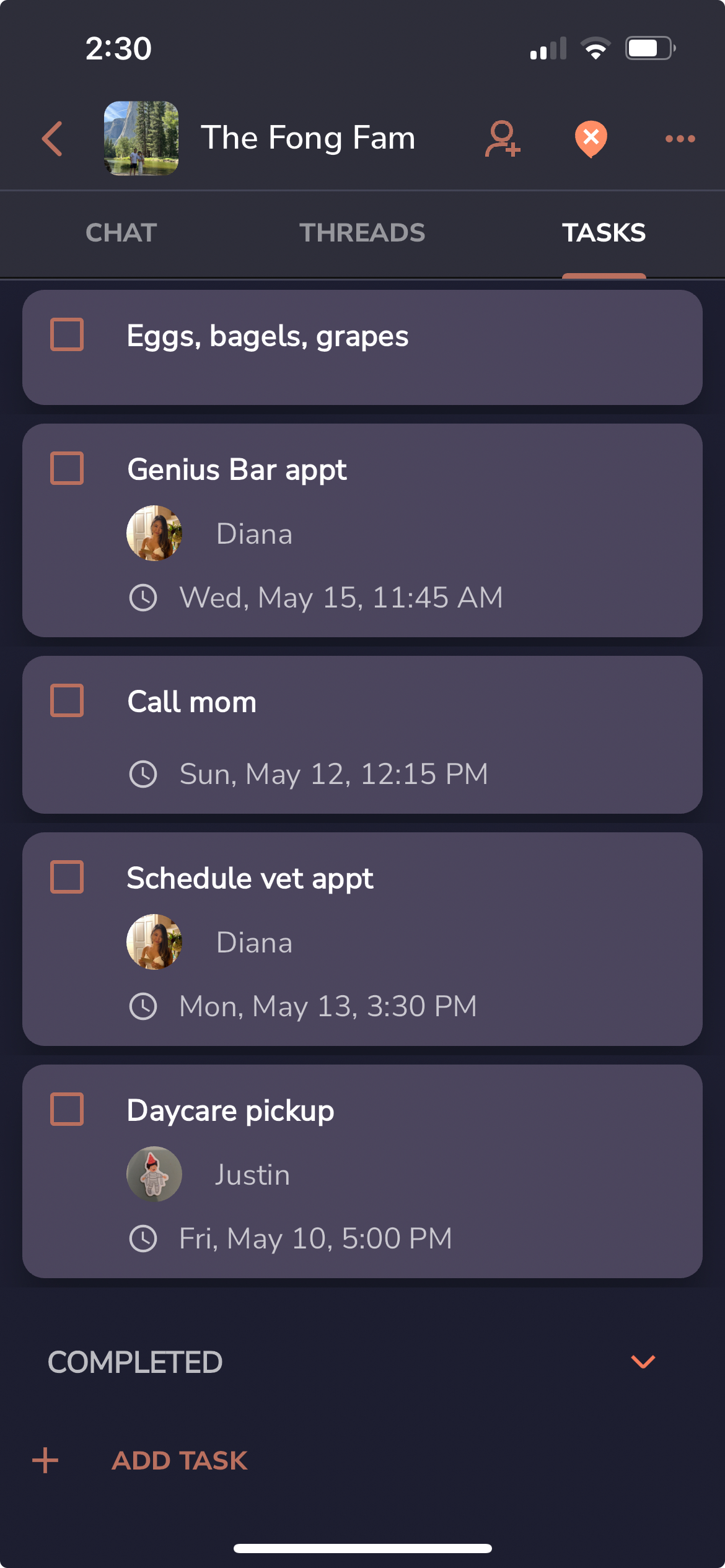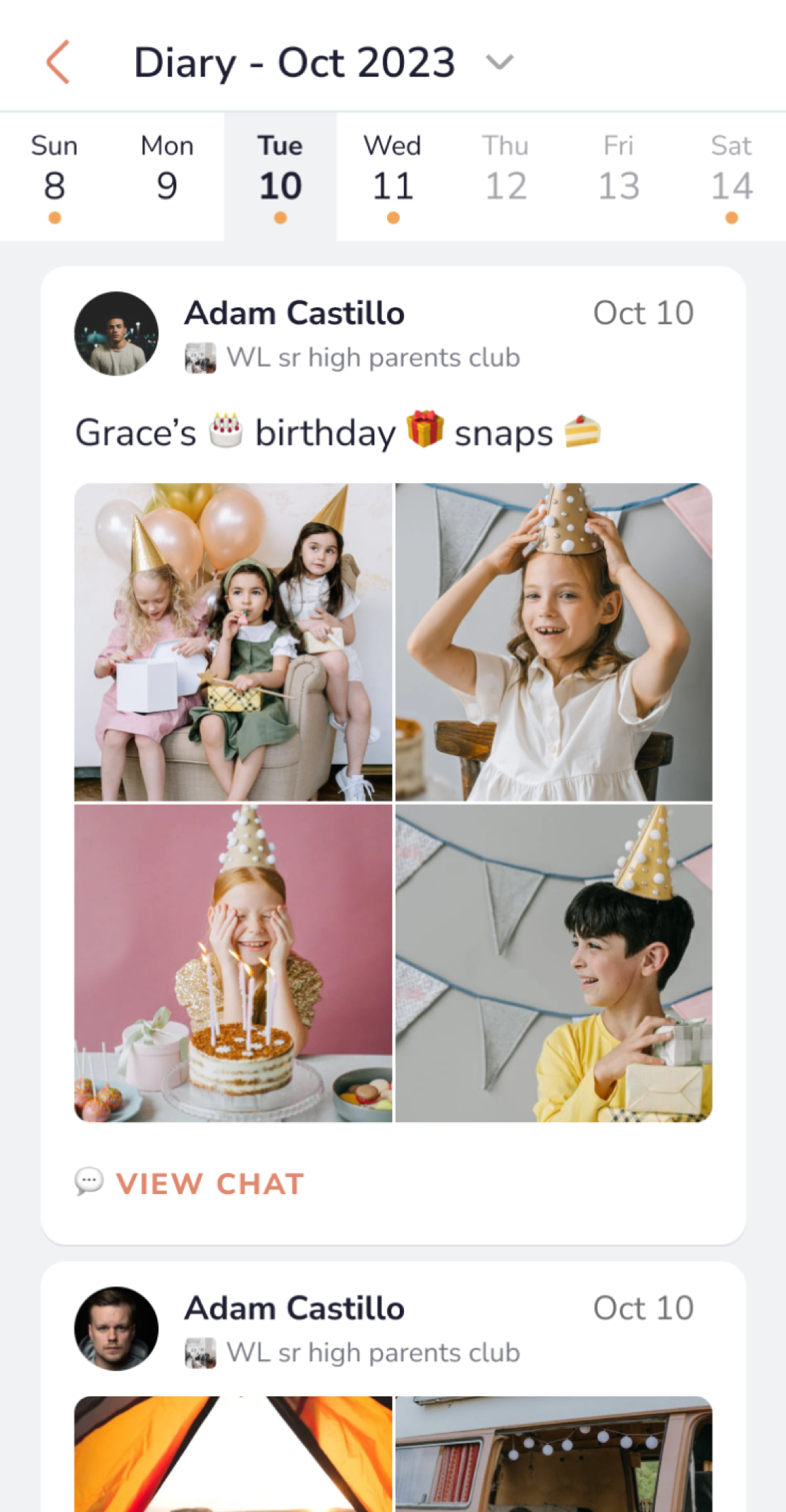Before Siri, there was ELIZA
"Are you a robot or a person?"

It might sound a bit odd to kick off a conversation this way, but that’s exactly how my mom started her chat with ELIZA back in the 80s. Picture her, a Linguistics & Computer Science student at UCLA, surrounded by peers gathered around a sleek Macintosh 128K all eager to see what this new technology could do. It was her own version of a Turing Test, and that simple question sparked a whole new world of possibilities.
Fast forward 30 years, and I found myself in a similar scenario, sitting at UCLA, studying the same major, and asking the same question to a program I had written. It was a moment of wonder, just like my mom had experienced all those years ago—a blend of human curiosity and fascination with technology.
But things have changed since then. Today, chatbots are everywhere, from those “helpful” customer service bots on websites to the symphony of IoT devices that respond to anything remotely resembling “OK Google.” The once-magical allure of AI chat is starting to lose its shine. So what happened?
I have a theory. We’ve been using chatbots wrong. They’re powerful, no doubt, but also limited. We’ve mainly seen them as tools for navigating support docs or as artificial barriers preventing us from talking to a real person. Sure, ChatGPT has made us more productive, but it hasn’t really enriched our personal lives. It’s no wonder we’re craving something more.

The truth is, the interactions we have with our families are what truly recharge our emotional batteries. But as we get more absorbed in our own digital worlds, those connections start to fray. And then there’s this idea that screen time is the enemy—“those darn kids and their phones!” But what if we didn’t see family bonds as being at odds with the digital world? What if we embraced online chat as a new, even better way to connect, using AI to do more than just exchange texts?
How AI Chat Should Be
I don’t want AI in my chat apps just to look up song lyrics or recite the etymology of “latent.” What I want is for all those years of conversations to mean something—for AI to be a kind of time machine that lets us relive moments captured in shared photos and messages. At the very least, I want it to find that restaurant we agreed to meet at without me having to scroll up 20 pages of chat.

When Chetan approached me about FlaiChat’s mission and how far he’d come with a small team, something clicked inside me. Chetan will say it’s because we’ve always made a great team since our Roblox days, or because solving tough technical problems excites us. And sure, seeing AI and LLM in consumer products feels like watching my academic books come to life.
But beyond that, it’s about my quest for family bonds. And it’s about turning our daily back-and-forth into something manageable and organized. On FlaiChat, there's never a misunderstanding about who's picking up the baby from daycare today.

My toddler's grandparents never say no to more pictures. As I share those moments, I don't want them to be lost in the endless scroll, as has been the case with our SMS like chat so far.
It's early days and there's lots more to be done. There are still some juicy technical and product problems to solve. That's exactly the kind of challenge that drew me to FlaiChat in the first place. It's a labor of love — something that makes a real difference for families of all kinds. And I’m here for it.
